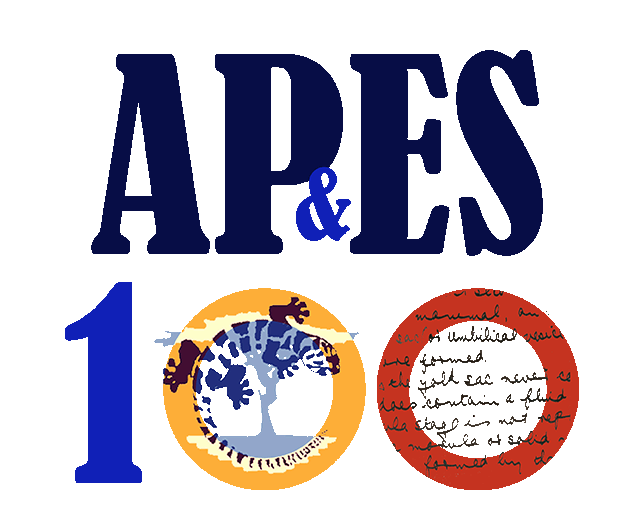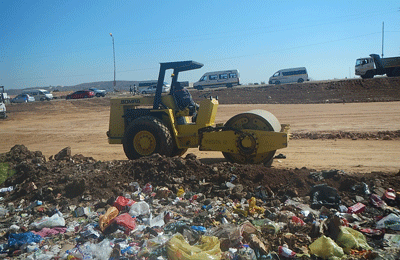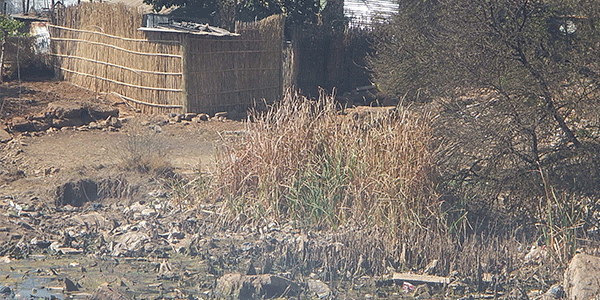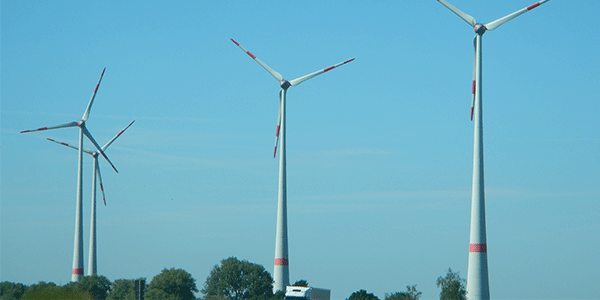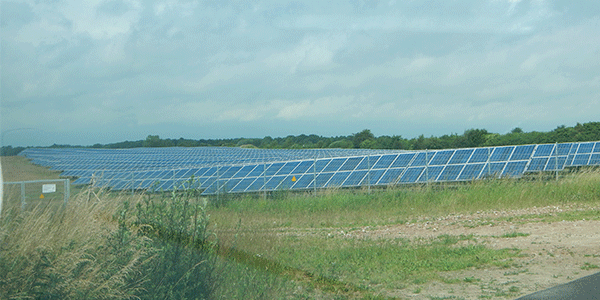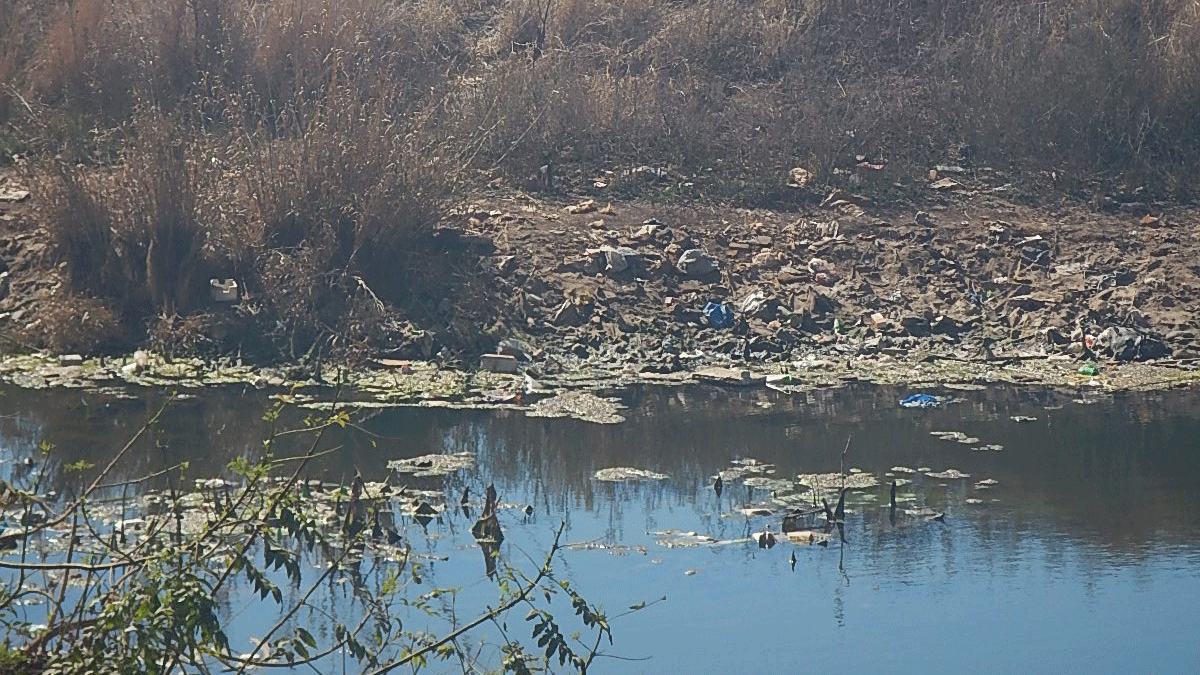The field of environmental sustainability is commonly considered in the context of sustainable development, a goal-oriented model that addresses the need to reconcile the conflicting goals of economic development, environmental protection, and social advancement (Fix and Manno, 2010). Environmental sustainability comprises a range of issues from local to global scales. Global issues include concerns related to GHG mitigation, climate change impacts and adaptation, renewable energy and biodiversity loss, while location-specific concerns may relate to soil and water degradation, air quality, biodiversity loss and sustainable use of natural resources (Arora et al., 2018). In an attempt to find ways of maintaining the stability and resilience of the Earth system, nine so-called planetary boundaries were proposed in 2009, within which humanity can continue to thrive. Crossing these boundaries increases the risk of causing large-scale abrupt and possibly irreversible environmental changes (Rockström et al., 2009).
Many companies have contributed significantly to polluting the environment, over-exploiting natural capital or engaging in unsustainable practices. However, the pressure on businesses to be environmentally responsible is increasing, as there is a growing awareness that going beyond environmental compliance improves the chances of long-term success and contributes to a company’s overall resilience to environmental changes, especially the risks associated with water scarcity and climate change.
Sources:
- Arora, N.K., Fatima, T., Mishra, I. et al. Environmental sustainability: challenges and viable solutions. Environmental Sustainability 1, 309–340 (2018)
- Rockström, J., W. Steffen, K. Noone, Å. Persson, et.al. 2009. Planetary boundaries:exploring the safe operating space for humanity. Ecology and Society 14(2): 32
- Manno, J. and Fix, A. (2010).Environmental Sustainability and Sustainable Development. IN Oxford Research Encyclopedia: Environment, DOI: 10.1093/acrefore/9780190846626.013.169
Research Focus:
- Environmental impacts, risk and resilience
- Integration of Sustainable Development Goals into business strategy
- Climate change adaptation
- Environmental reporting
- Environmental impact and risk assessment
- Business and Biodiversity
Completed research
Masters:
- The Impact of Sinkholes on Species Richness and Diversity: Implications for Mine Rehabilitation (MSc CW/RR)
- Assessing the presence/absence of environmental reporting in the annual reports of South African listed companies using a hierarchical framework. (MSc CW/RR)
- The environmental soundness and consumer understanding of eco-labelled food products in South Africa (MSc CW/RR)
- Advancing integrated research at the University of the Witwatersrand: an investigation using integral theory (MSc CW/RR)
- Effective Impact Prediction: How accurate are predicted impacts in EIAs? (Dissertation)
- An assessment of the environmental sustainability guidelines and requirements set by international stock exchanges. (Dissertation)
- Biodiversity management principles: a cross sectoral comparison of South African companies (MSc CW/RR)
- Comparing the implementation of sustainability initiatives in national and multinational fast moving consumer goods companies (MSc CW/RR)
- Determinants that influence renewable energy investments in Africa: a case study (MSc CW/RR)
- Environmental Impact Assessments: Have EIA regulation amendments influenced report quality (MSc CW/RR)
- Social-ecological systems: Assessing the current state of social-ecological systems resilience reflected in South African integrated reports (Dissertation)
- A review of environmental journalism in South Africa and trends in environmental reporting (Dissertation)
- Assessing climate change adaptation measures in rural areas: A case study of Matangari Village, Thulamela Local District, Limpopo Province.
PhD:
- Strategic environmental risk management in South African companies

